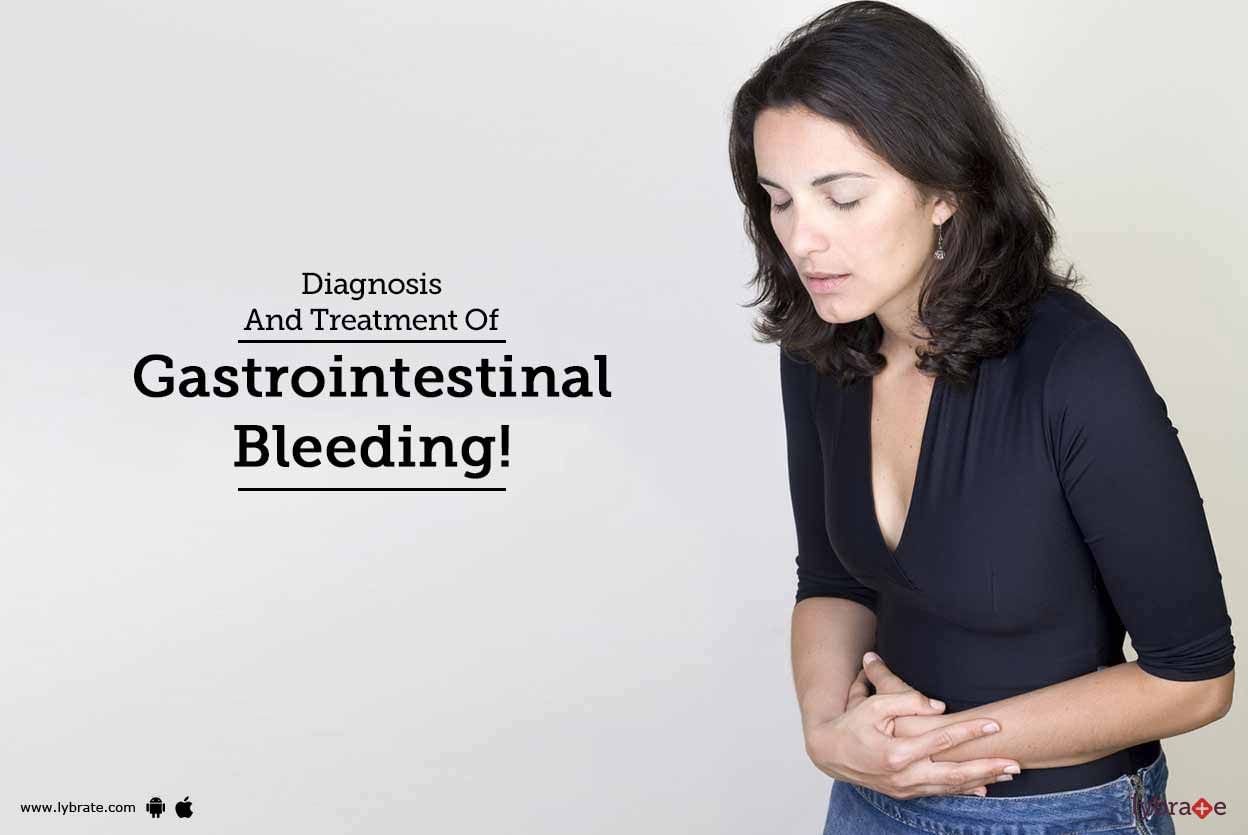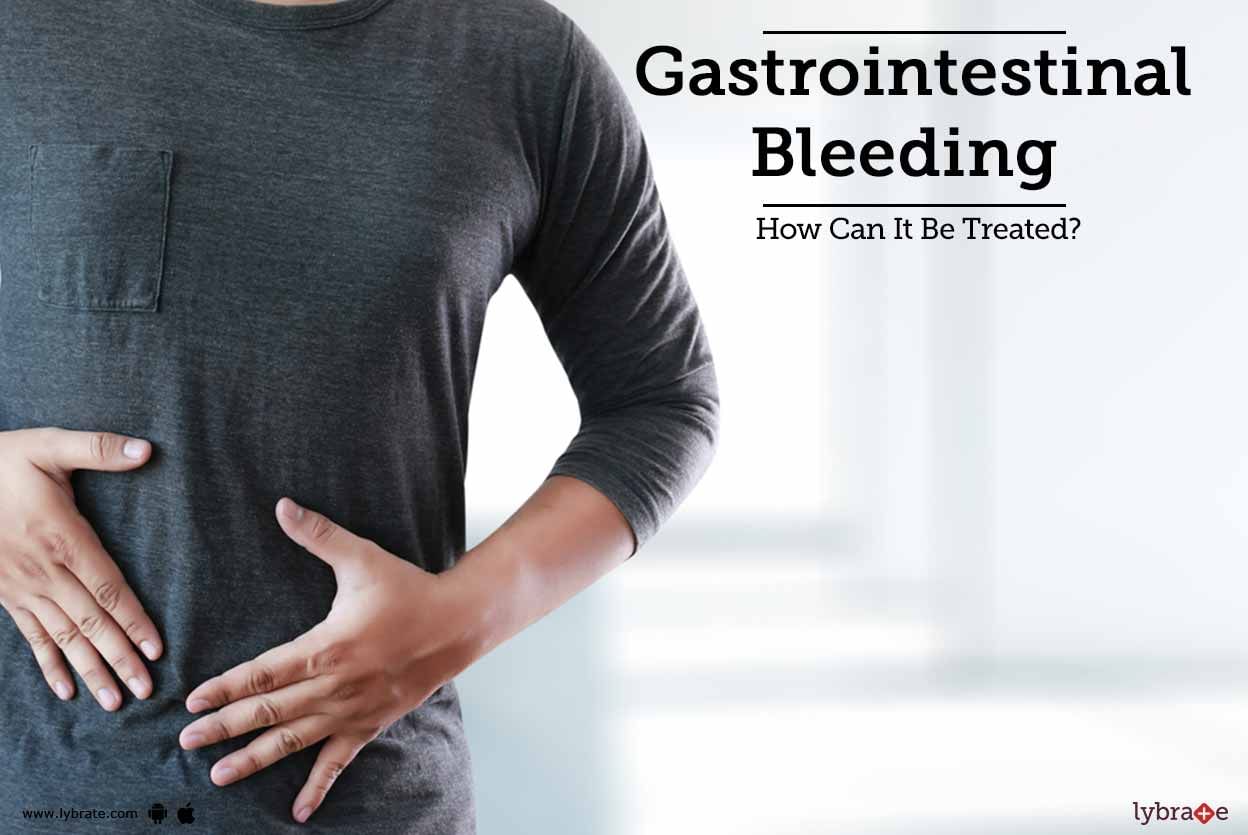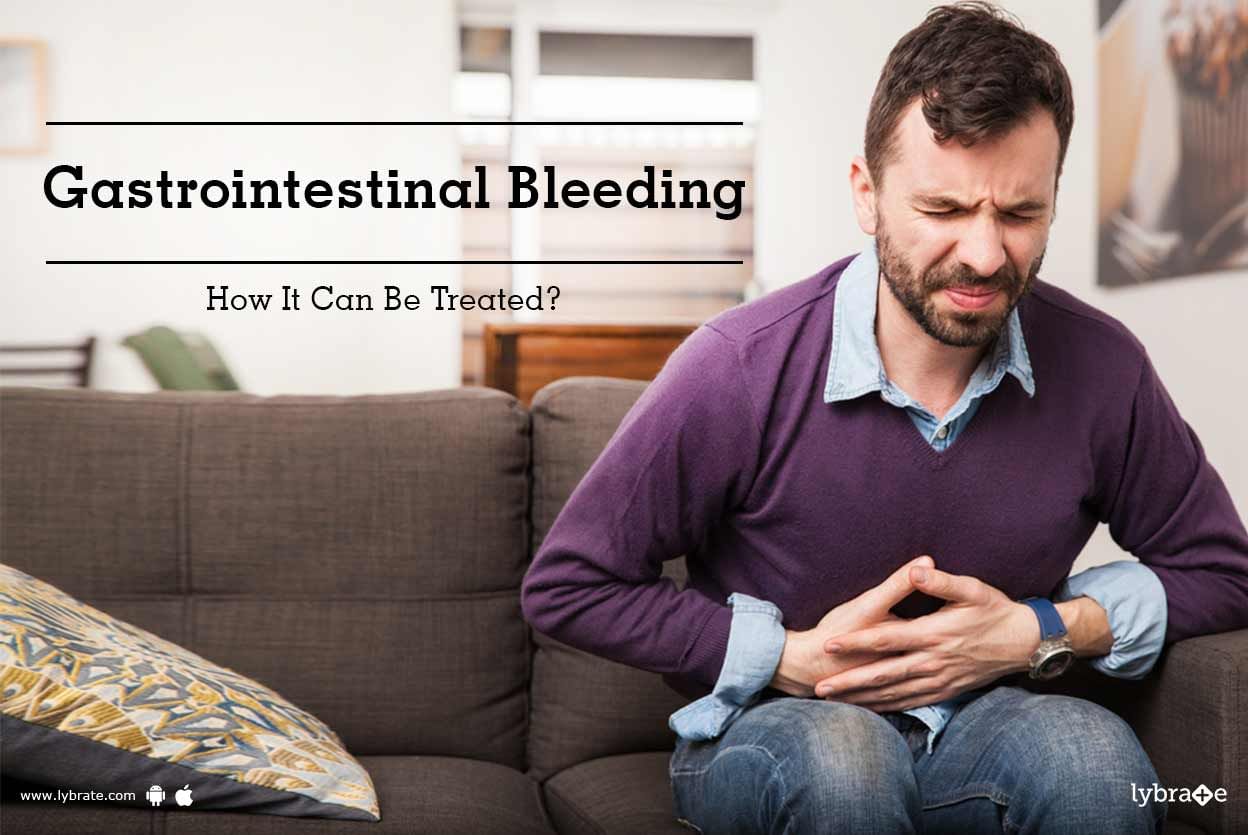Get the App
For Doctors
Login/Sign-up
Health Feed
Find Doctors
Health Packages
AllQ&AsTipsQuizzes
Gastrointestinal Bleeding Tips
Last Updated: 5 years ago• Featured Tip
Share
Bookmark
Report
It is gastrointestinal bleeding in the upper gastrointestinal tract, commonly defined as bleeding arising from the esophagus, stomach, or duodenum. Blood is often observed in vomit (hematemesis) or in the stool (melena). Upper gastrointestinal bleeding denotes a medical emergency and typically requires hospital care for primary diagnosis and treatment. The incidence of upper gastrointestinal bleeding is 50-150 individuals per 100,000 annually. Depending on its severity, it carries an estimated m...more
Last Updated: 5 years ago• Featured Tip
Share
Bookmark
Report
1. Upper GI bleeding: Vomiting of blood, coffee-coloured vomitus, or the passing of black stools is called Hematemesis. It is a medical emergency and requires urgent admission to hospital and evaluation by a gastroenterologist. Medical stabilisation by medicines to stop bleeding and blood transfusion are required initially. Gastroscopy is required for finding the cause of bleeding as well as treatment. Gastric ulcer or duodenal ulcer requires injection adrenaline or hemoclips. Esophageal varices...more
Last Updated: 5 years ago• Featured Tip
Share
Bookmark
Report
MBBS (Gold Medalist), MS- General Surge...read more
Surgical Gastroenterologist•Kolkata
If you notice blood in the stool or the toilet bowl, it could be a case of rectal bleeding. There are many reasons why rectal bleeding can occur, the most common one being haemorrhoids. If the rectal bleeding is not significant then it is not a cause for concern. But if you lose a lot of blood then it can be a major problem.
What are the signs?
The most obvious one, in this case, is the presence of blood in your stool. But it's not just the presence of blood that is important h...more
What are the signs?
The most obvious one, in this case, is the presence of blood in your stool. But it's not just the presence of blood that is important h...more
Last Updated: 6 years ago• Featured Tip
Share
Bookmark
Report
MBBS, MS - General Surgery, MCh - Surgic...read more
Gastroenterologist•Chennai
Gastrointestinal bleeding, as the name suggests, is characterized by bleeding in the gastrointestinal (GI) tract and its accessory organs (esophagus, stomach, colon, small intestine, rectum, and anus). The bleeding also referred to as gastrointestinal hemorrhage, is not a disease in itself. However, it may be an indication of a disease, injury or infection in the digestive tract of a person. The bleeding in the GI tract may be mild to chronic (often fatal), depending on the severity of the condi...more
Last Updated: 6 years ago• Featured Tip
Share
Bookmark
Report
It is gastrointestinal bleeding in the upper gastrointestinal tract, commonly defined as bleeding arising from the esophagus, stomach, or duodenum. Blood is often observed in vomit (hematemesis) or in stool (melena). Upper gastrointestinal bleeding denotes a medical emergency and typically requires hospital care for primary diagnosis and treatment. The incidence of upper gastrointestinal bleeding is 50-150 individuals per 100,000 annually. Depending on its severity, it carries an estimated morta...more
Last Updated: 7 years ago• Featured Tip
Share
Bookmark
Report
Gastrointestinal bleeding, as the name suggests, is characterized by bleeding in the gastrointestinal (GI) tract and its accessory organs (esophagus, stomach, colon, small intestine, rectum, and anus). The bleeding also referred to as gastrointestinal hemorrhage, is not a disease in itself. However, it may be an indication of a disease, injury or infection in the digestive tract of a person. The bleeding in the GI tract may be mild to chronic (often fatal), depending on the severity of the condi...more
Last Updated: 7 years ago• Featured Tip
Share
Bookmark
Report
Gastrointestinal bleeding, as the name suggests, is characterized by bleeding in the gastrointestinal (GI) tract and its accessory organs (esophagus, stomach, colon, small intestine, rectum, and anus). The bleeding also referred to as gastrointestinal hemorrhage, is not a disease in itself. However, it may be an indication of a disease, injury or infection in the digestive tract of a person. The bleeding in the GI tract may be mild to chronic (often fatal), depending on the severity of the condi...more
Last Updated: 7 years ago• Featured Tip
Share
Bookmark
Report
Gastrointestinal bleeding, as the name suggests, is characterized by bleeding in the gastrointestinal (GI) tract and its accessory organs (esophagus, stomach, colon, small intestine, rectum, and anus). The bleeding also referred to as gastrointestinal hemorrhage, is not a disease in itself. However, it may be an indication of a disease, injury or infection in the digestive tract of a person. The bleeding in the GI tract may be mild to chronic (often fatal), depending on the severity of the condi...more
Last Updated: 7 years ago• Featured Tip
Share
Bookmark
Report
Gastrointestinal bleeding, as the name suggests, is characterized by bleeding in the gastrointestinal (GI) tract and its accessory organs (esophagus, stomach, colon, small intestine, rectum, and anus). The bleeding also referred to as gastrointestinal hemorrhage, is not a disease in itself. However, it may be an indication of a disease, injury or infection in the digestive tract of a person. The bleeding in the GI tract may be mild to chronic (often fatal), depending on the severity of the condi...more
Last Updated: 8 years ago• Featured Tip
Share
Bookmark
Report
Most likely you are suffering from duodenal ulcer if there is pain in the upper abdomen which is relieved by eating. If it increases after eating, it may be because of gastric ulcer. Gastric ulcers and Duodenal ulcer come under the category of Peptic ulcer disease (PUD). It is a lesion in the mucosal lining of the digestive tract, typically in the stomach as gastric ulcer or duodenum (1st part of the intestines) as Duodenal ulcers. These are caused by the digestive action of pepsin (a digestive ...more
Book appointment with top doctors for Gastrointestinal Bleeding treatment
View fees, clinic timings and reviews
Ask a free question
Get FREE multiple opinions from Doctors
posted anonymously





















